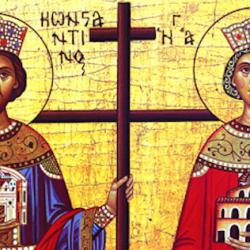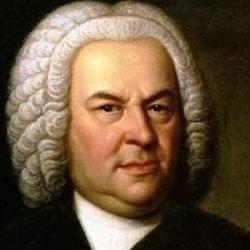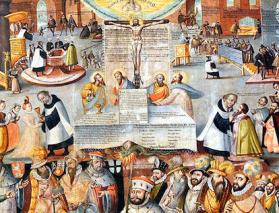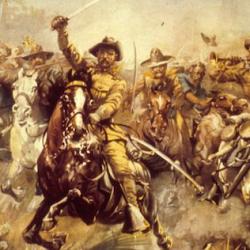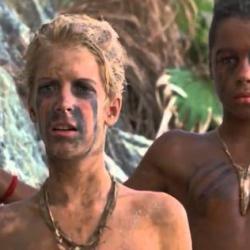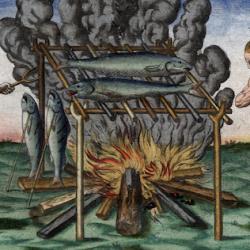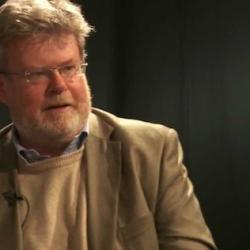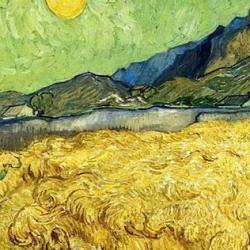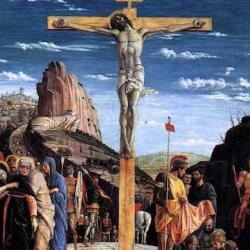Modernity, Sergei Bulgakov once said, is a sphinx. It poses a riddle, and those who cannot or will not answer the riddle are devoured. The editors of Political Theology in Orthodox Christianity cite this at the beginning of their study to highlight the ambivalence of modernity. It has both constructive and destructive qualities, and the two aren’t opposed but deeply united. The very constructive, positive features of modernity end up devouring modernity. They point, for instance, to the political individualism... Read more

